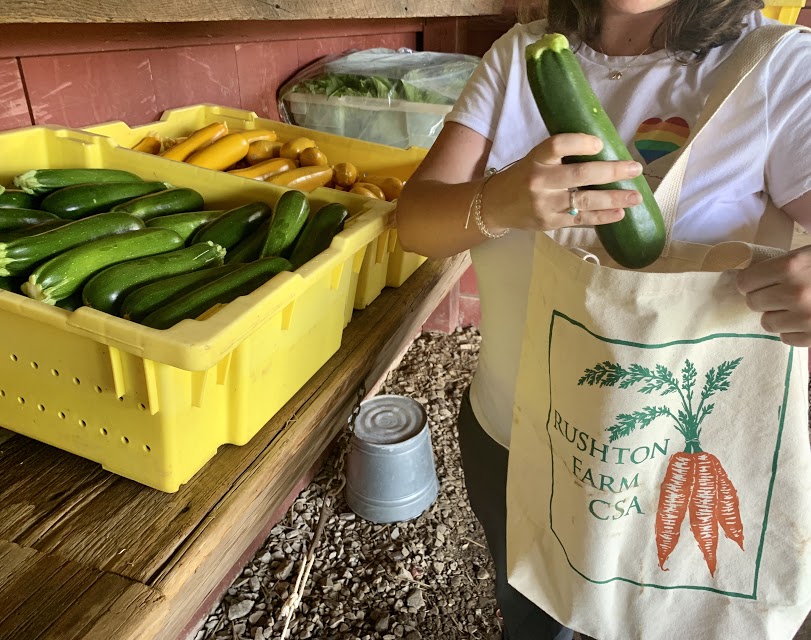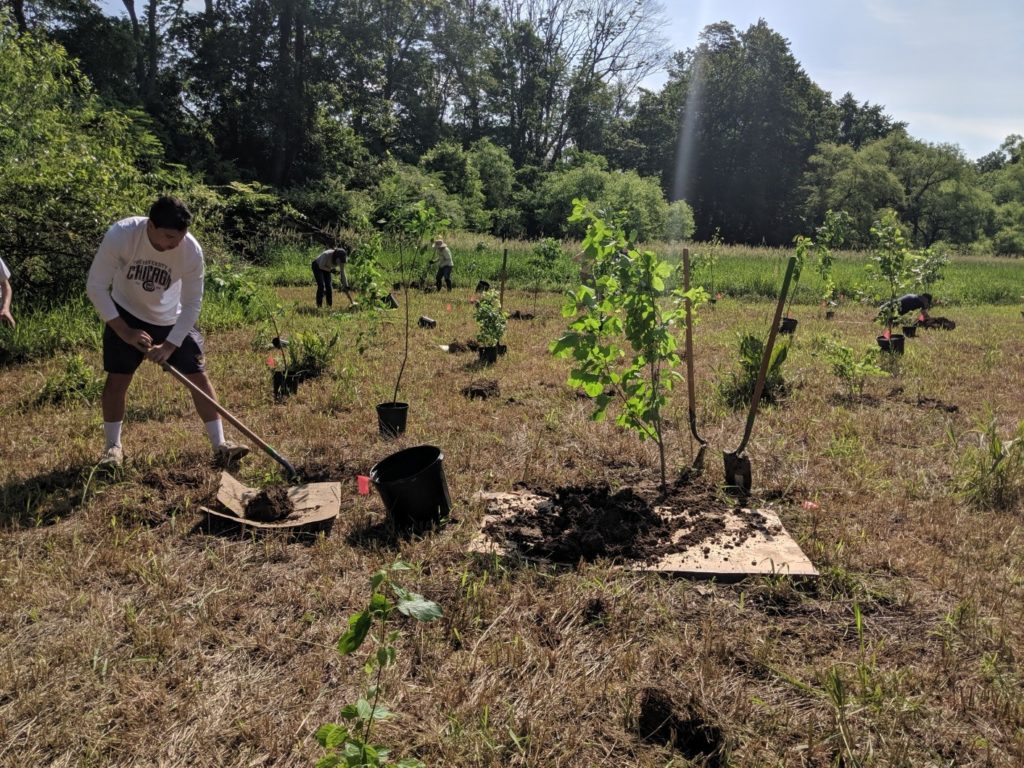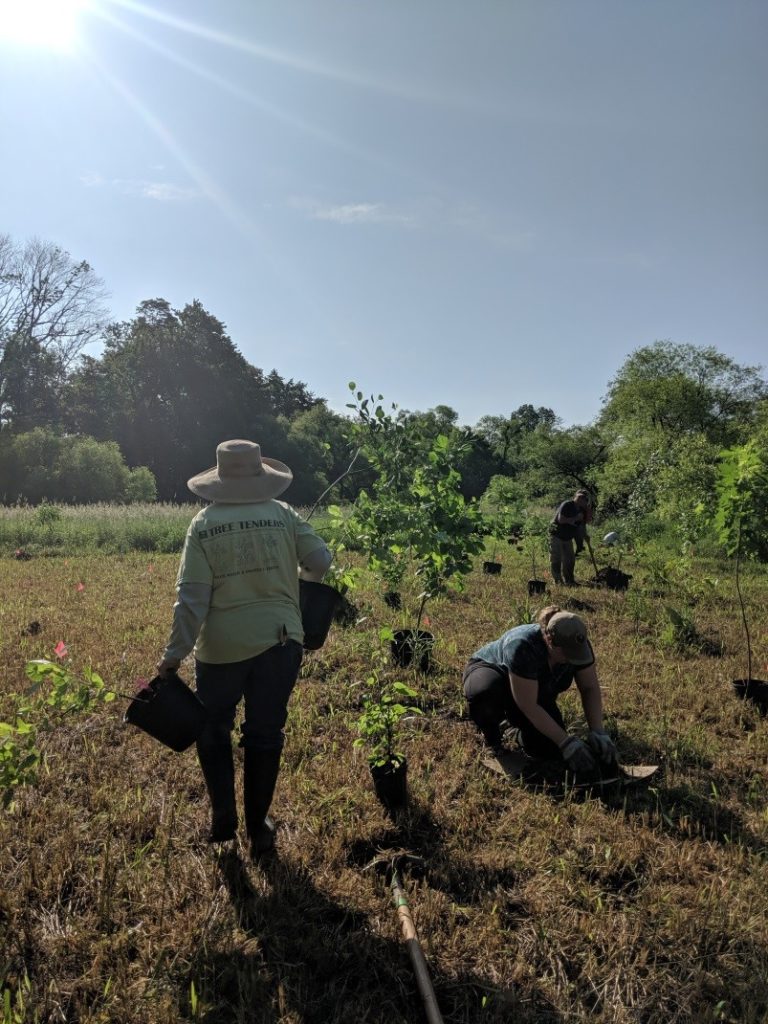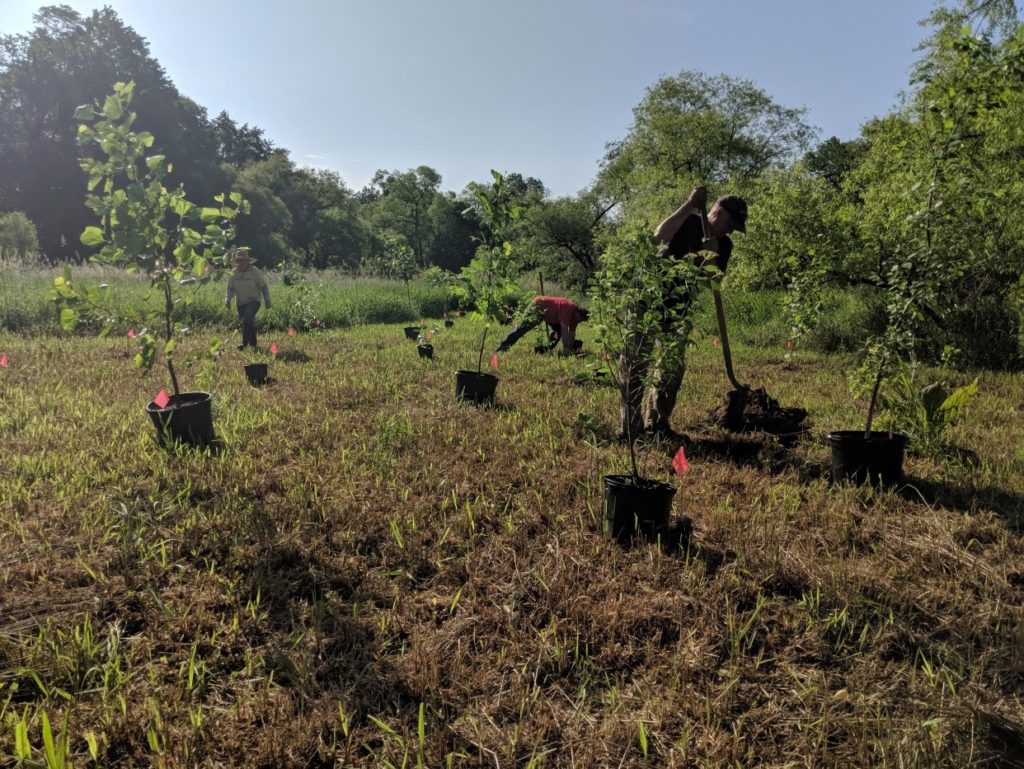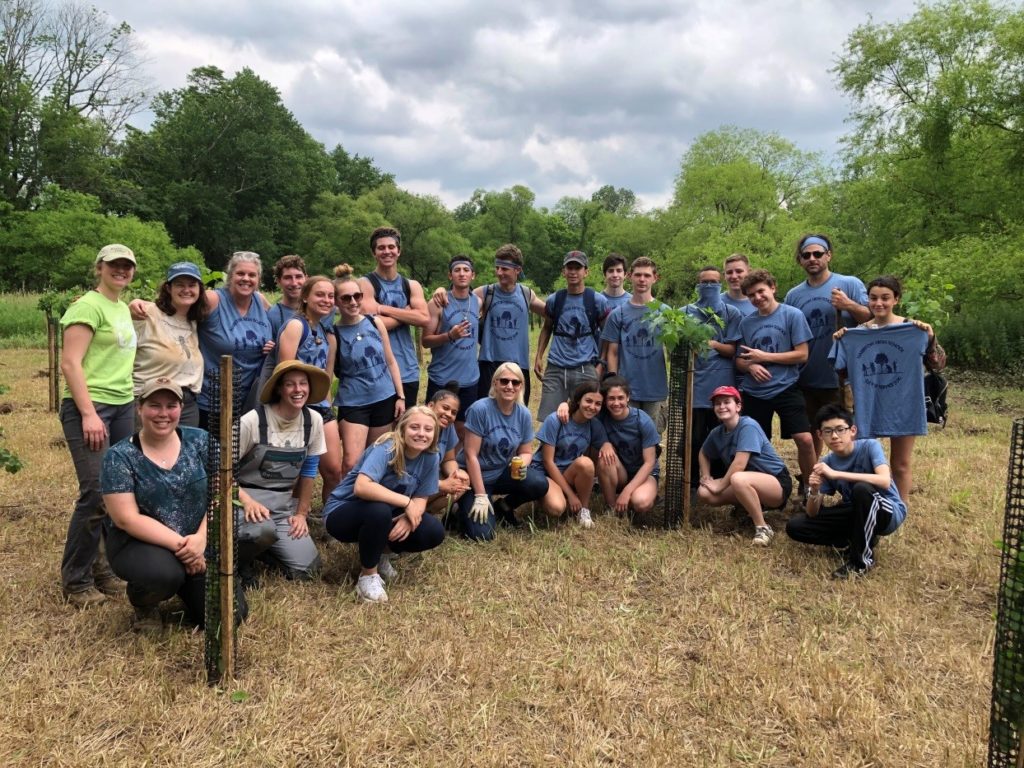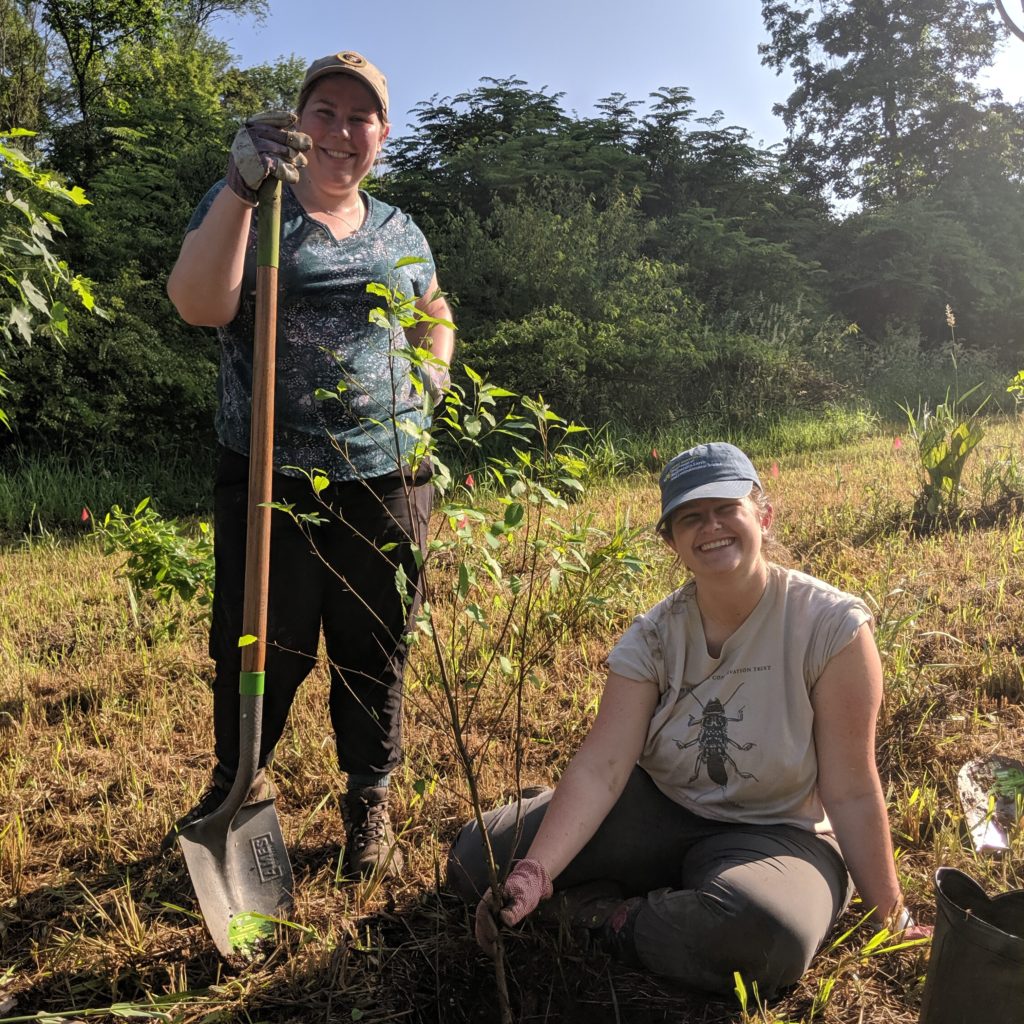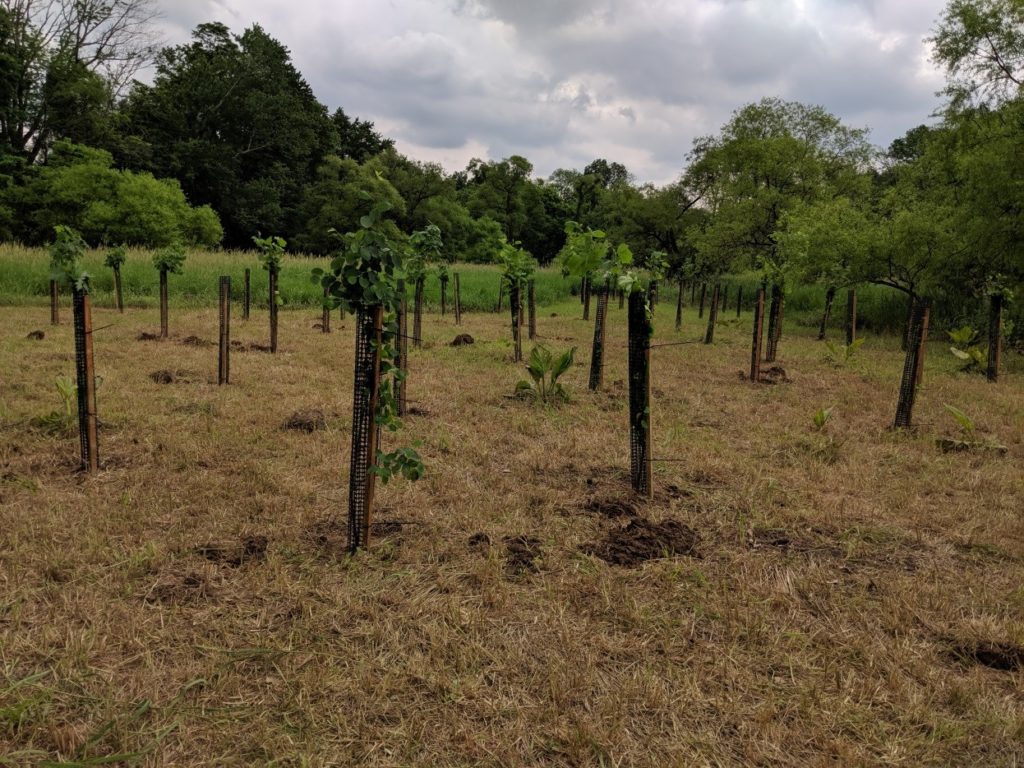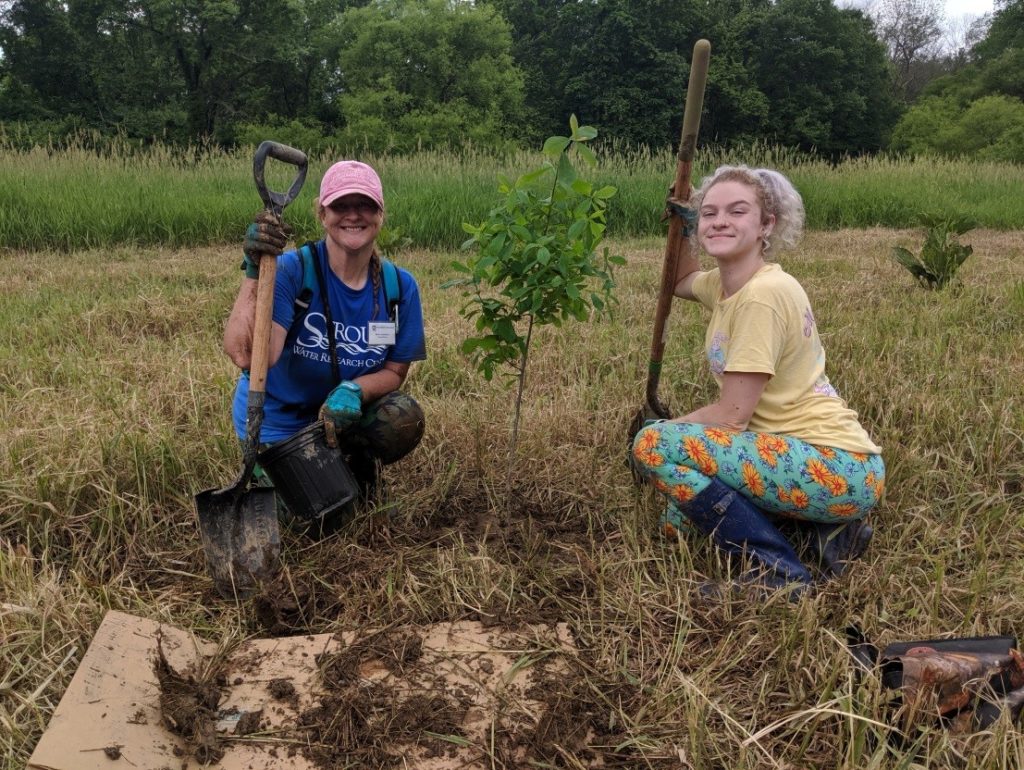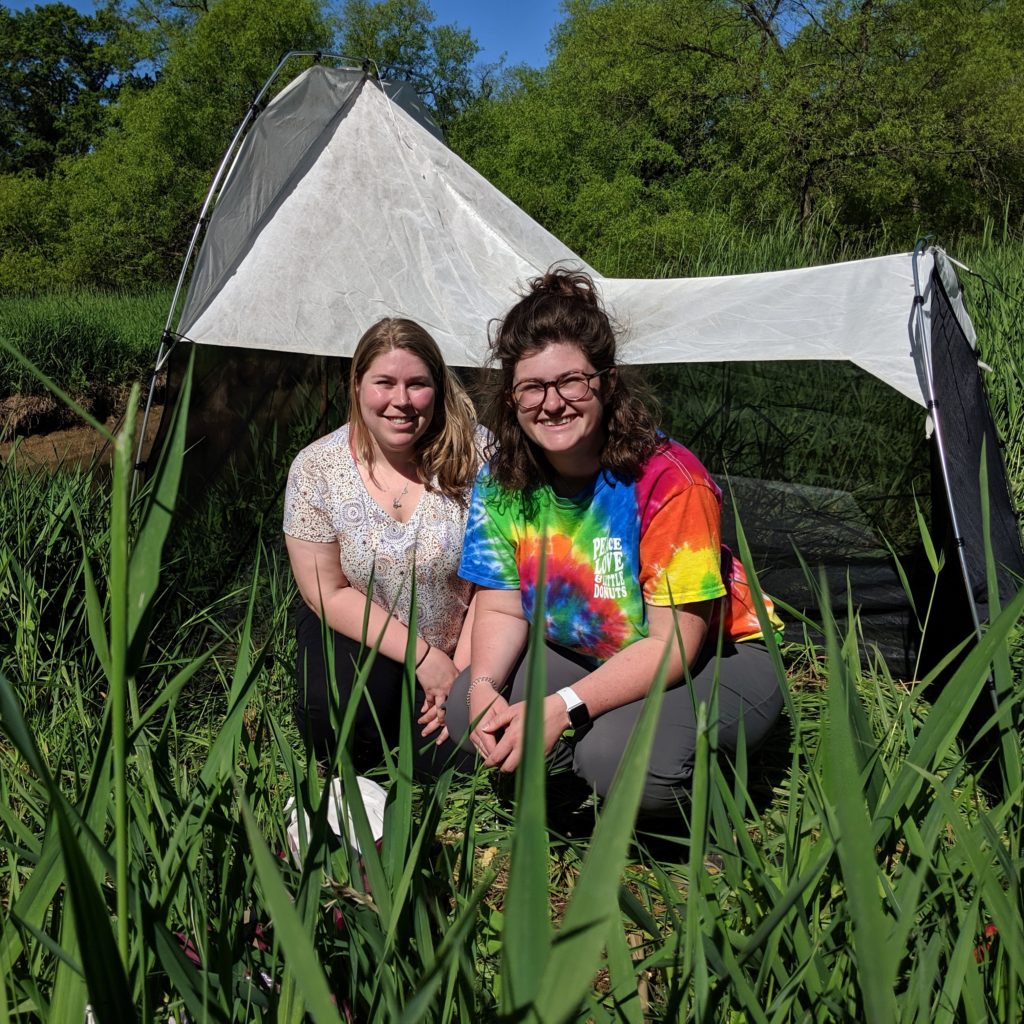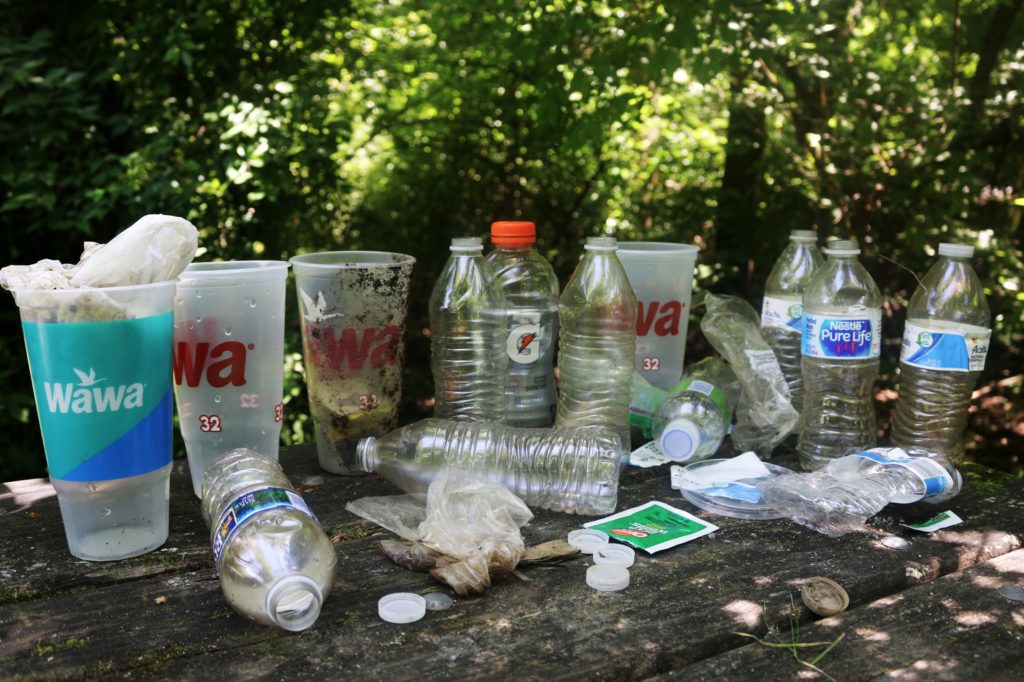Plastic and paper coffee cups are not recyclable in most locations. Even ‘compostable’ cups are rarely composted as they require very specific facilities and conditions.
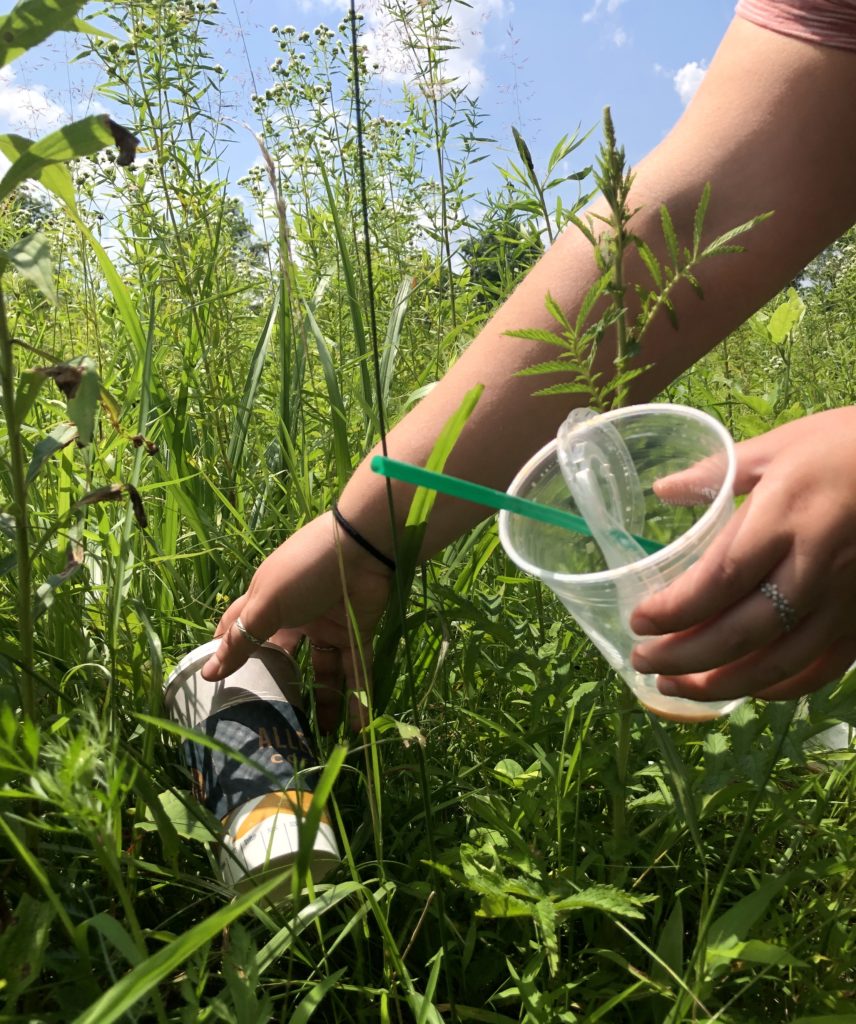
You can easily avoid single-use coffee cups by bringing your own reusable alternative. There are many reusable coffee cups available on the market. Keep it in your bag or on your desk at work; wherever you’ll remember to use it. Bringing your own cup shows others how easy it is to reduce their waste and can create a new trend.
You don’t even need to purchase a special cup. You can bring a mug or jar from home – just be conscious of using items that can heat up or don’t travel well if you’re going far. Bring yours to your barista to fill with your morning caffeine. Some places will even give you a discount for bringing your own cup! If you forget your reusable cup and don’t have time to dine-in, consider going without. It might not be easy, but will probably mean you never forget again!
Take the the #PlasticFreeJuly challenge at https://www.plasticfreejuly.org/ and say no to single-use plastics.
If you’re interested in other ways to help, keep an eye out for local stream cleanups to help create a plastic free watershed!
